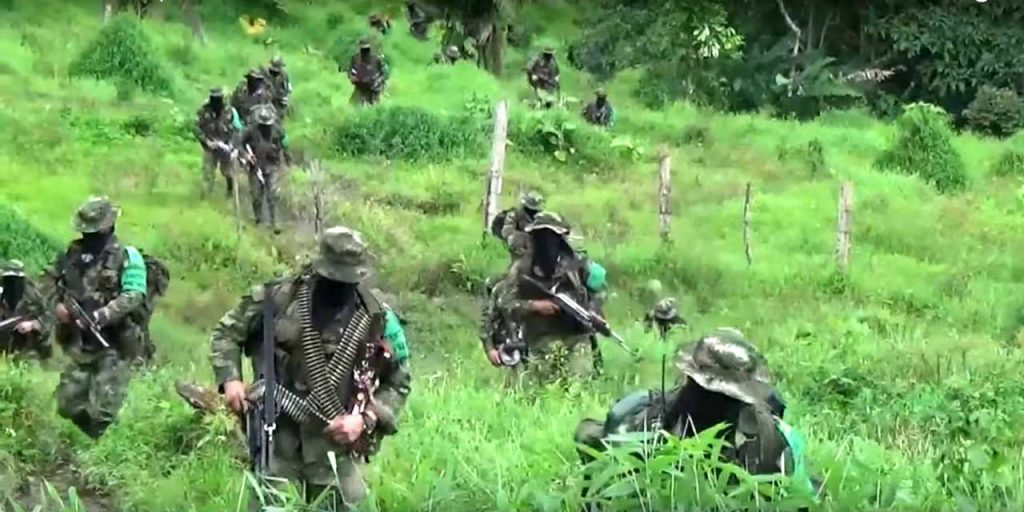Colombia’s President Juan Manuel Santos said that the country’s largest illegal armed group, the AGC, will be demobilizing “in the coming days.”
The demobilization would mean the end of the largest dissident group of paramilitary umbrella organization AUC, which largely demobilized under former President Alvaro Uribe between 2003 and 2006.
The Gaitanista Self-Defense Forces of Colombia, or the “Gulf Clan” as the government calls the group, did not confirm its allegedly impending demobilization.
The group’s leader, “Otoniel,” vowed to surrender to justice in September last year and has been waiting for the legal framework to allow this.
Santos on Monday signed a bill into law that would allow large illegal armed groups to collectively surrender to justice.
All set for demobilization of Colombia’s largest paramilitary group
“This law will have a major consequence for the country in the coming days,” said Santos.
“We have had … talks with lawyers representing this Gulf Clan organized crime group, about their submission,” the president said, adding that “they told us the process would begin as soon as the law is sanctioned.”
President Juan Manuel Santos
The AGC, which is considered Colombia’s largest drug trafficking organization by the United States, has been active in approximately a fifth of the country’s municipalities.
The group has an estimated 7,000 members and has been accused of all kinds of organized crime activities, and political and sexual violence.
Late AUC commander “Vicente Castaño” ordered the rearmament of paramilitary fighters in 2006 after the prosecution issued an arrest warrant against him and other AUC leaders against agreements made in previous years.
Under the leadership of “Don Mario,” the group rearmed and began a major territorial expansion campaign to retake the criminal rackets once under AUC control.
Other post-AUC paramilitary groups also formed, but were unable to grow as big and as fast as the AGC.
Attempts to disarm one of these groups, ERPAC, failed in 2011 because the justice system was unable to process the demobilization of hundreds of fighters at once.
Santos is set to leave office in less than a month and initiated a peace process with the FARC in 2016.



